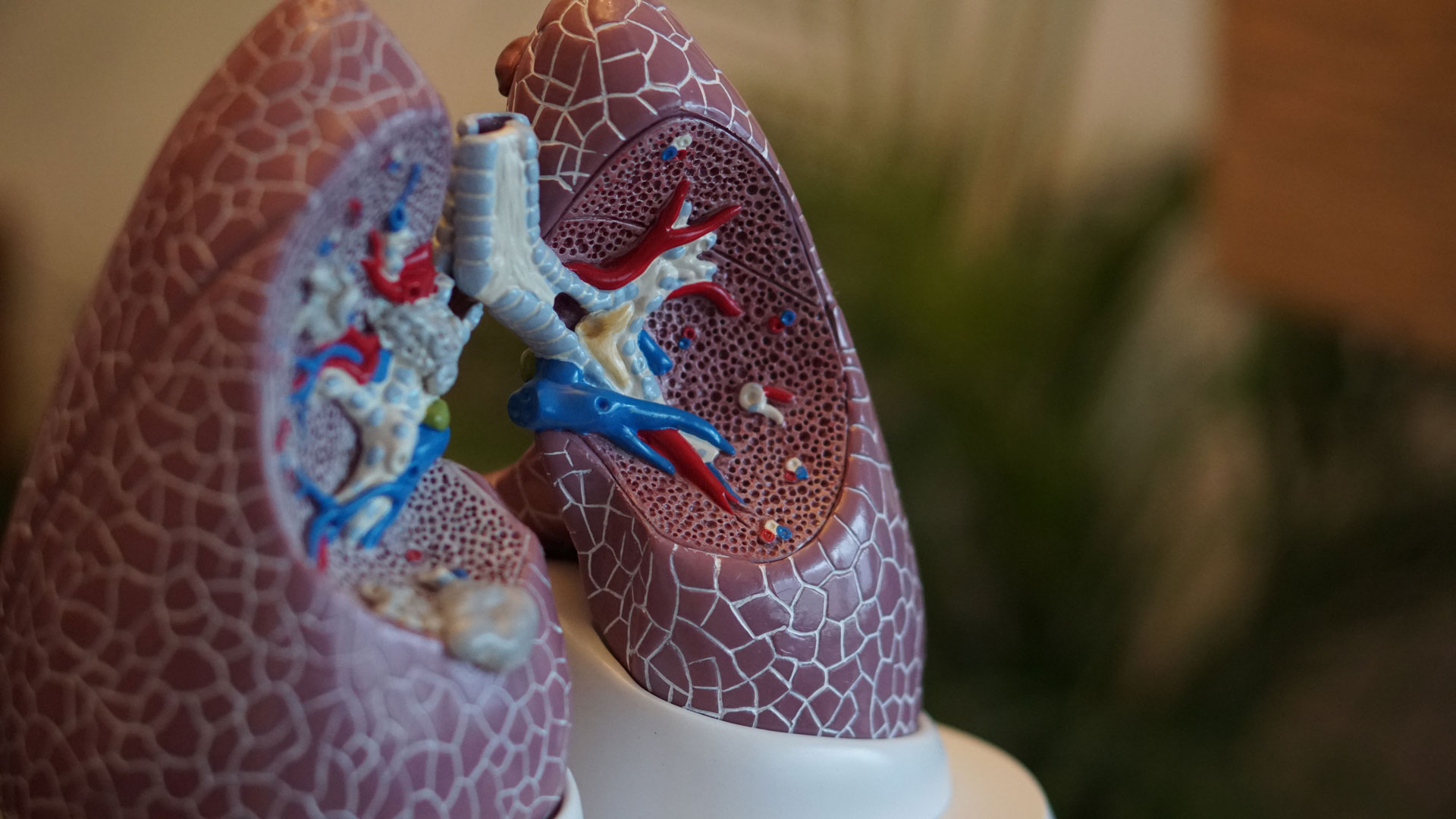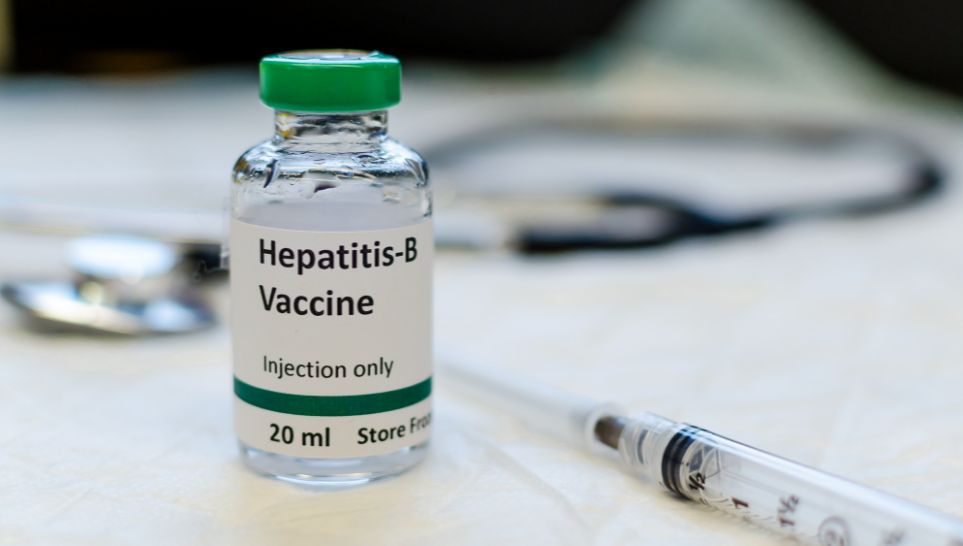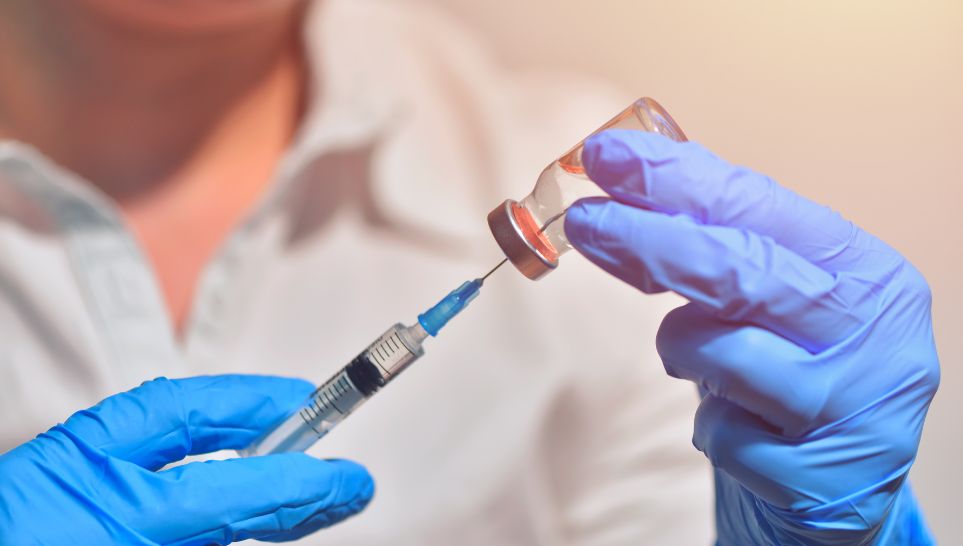
Guillain-Barre Syndrome or GBS damages the nerves. Vaccines, like the flu shot, can trigger GBS. GBS can cause tingling and numbness in the legs, feet, and hands that could progress to respiratory failure requiring a tube to breathe.
What type of respiratory failure is caused by Guillain Barre Syndrome?
Approximate 30% of people with Guillain-Barré Syndrome suffer from respiratory failure and are often admitted into an intensive care unit (ICU) of a hospital. After they are admitted, they must receive help breathing through mechanical ventilation. Invasive means that the procedure performed on the patient involved putting a tube into the mouth and directing it through the throat and into the lungs.
Muscle can be weakened by GBS. Inspiratory muscles help get air into the lungs, and expiratory muscles help push the air out of the lungs. Advanced weakness of the lungs (the inspiratory and the expiratory muscles) is what leads to respiratory failure in GBS patients.
There are two main types of respiratory failure that can occur in people with GBS: ventilatory failure and muscle paralysis.
Ventilatory failure occurs when the muscles that control breathing become too weak to work properly. Muscle paralysis happens when the muscles that help expand the chest during breathing are affected. This can make it difficult for the lungs to fill with air, which can lead to a buildup of carbon dioxide in the blood.
When someone has respiratory failure, they may experience pneumonia from inhaling stomach acids, food, or saliva into the lungs. This is called aspiration pneumonia.
What is aspiration pneumonia?
Pneumonia is an infection of the lungs that can be caused by many different germs, including bacteria, viruses, and fungi. One type of pneumonia that can occur is called aspiration pneumonia. This occurs when liquids, food, or vomit are inhaled (aspirated) into the lungs. The material that is aspirated may contain bacteria that can cause pneumonia.
Aspiration pneumonia is more likely to occur in people who have problems with their swallowing mechanism, such as those who have had a stroke or suffer from certain neurologic conditions like GBS. It can also occur in people who are unconscious or unable to protect their airways, such as those who are intoxicated or have suffered a head injury.
Symptoms of aspiration pneumonia can include coughing, wheezing, shortness of breath, and chest pain. If the material aspirated is contaminated with bacteria, it can lead to a more serious infection. Treatment for aspiration pneumonia typically includes antibiotics.
Complications of Respiratory Failure caused by GBS
The complications of respiratory failure caused by GBS include:
- Aspiration pneumonia. The most common complication of GBS is aspiration pneumonia, which occurs when liquids, food, or vomit are brought up from the stomach and then breathed in (inhaled). Aspiration pneumonia can lead to serious lung infections.
- Ventilatory-associated pneumonia. Ventilator-associated pneumonia (VAP) is another possible complication of respiratory failure caused by GBS. VAP is a lung infection that occurs in people who are on mechanical ventilation (a machine that helps them breathe).
What is Guillain-Barré Syndrome?
Guillain-Barré Syndrome is a neurological disorder that occurs when an individual’s immune system begins to attack the nervous system. GBS patients can recover quickly or suffer permanent injury.
What are the symptoms of GBS?
GBS patients might begin feeling numbness or tingling in the legs, feet, and hands at first. The numbness and tingling can spread rapidly which could result in paralysis. Some GBS patients end up in the intensive care unit of a hospital with respiratory failure. When this happens, people need a machine to breathe called a ventilator.
Other symptoms GBS patients might develop are:
- Sensations in the toes, wrists, or fingers;
- Leg weakness that might spread to the upper body;
- Difficulty with walking or climbing;
- Eye or facial movement issues;
- Speech problems;
- Inability to chew or swallow properly;
- Body cramping or aching that gets worse in the evening;
- Bladder dysfunction, incontinence, or bowel issues;
- Faster heart rate;
- Changes in blood pressure; and
- Breathing problems.
Within 2-4 weeks after initial indications of Guillain-Barré Syndrome start, individuals generally experience their most substantial weakness.
What are the types of GBS?
When this disease was initially discovered and researched, it was considered to be a single illness, but other forms of the syndrome:
Acute Inflammatory Demyelinating Polyradiculoneuropathy
Acute Inflammatory Demyelinating Polyradiculoneuropathy (AIDP) is the top well-known type in the United States. The most recognized symptom of this disorder is muscle weakness. The muscle weakness begins in the lower extremities and eventually spreads to the higher parts of the body.
Miller Fisher Syndrome
Miller Fisher Syndrome (MFS) is a rare type of GBS. eye paralysis might begin – also accompanied by unsteady walk – happens to approximately 5% of individuals diagnosed with Guillain-Barré Syndrome in the United States.
Symptoms of MFS typically include; Eye paralysis (beginning with double vision); Unsteady walk; Loss of muscle coordination and strength
MFS is considered a variant of GBS, as it shares many features with the other two types. However, MFS is distinguished by its early onset of eye paralysis and ataxia (loss of muscle coordination). MFS typically follows a more mild and self-limited course than AIDP or AGS, with most patients making a full recovery within several weeks to months. In general, individuals with MFS have a better prognosis than those with AIDP or AGS.
There is no specific treatment for MFS, but supportive care measures such as fluids, pain relief, and physical therapy can help.
Acute Motor Axonal Neuropathy
Acute Motor Axonal Neuropathy (AMAN)/Acute Motor-Sensory Axonal Neuropathy – are common in the United States but more common in other nations (like Mexico, China, and Japan).
What is the most common type of GBS?
According to the National Institute of Neurological Disorders and Stroke, approximately 2/3rds of individuals with GBS have the AIDP type, while 1/3rd have the AMAN type. MFS is the least common form, representing only 5-10% of all GBS cases in the United States.
What are the causes of GBS?
The precise cause of this syndrome is mysterious. However, it is frequently preceded by a transmittable sickness like a lung infection or stomach flu. Guillain-Barré Syndrome typically appears within a few days or a few weeks after an individual suffers from a respiratory infection or an infection in the digestive system. It is rare, but some specialists believe that some cases might have been triggered after patients underwent surgical procedures or received vaccinations.
Risk Factors
This syndrome can affect anyone, regardless of age. However, people who are at a higher risk might be men and younger adults. The disorder can be triggered by other illnesses or events such as:
- Campylobacter (bacteria commonly found in improperly cooked poultry)
- The flu
- Cytomegalovirus (a common virus that affects individuals of all age groups)
- Mononucleosis
- Zika virus
- Hepatitis (all types – A, B, C & E)
- AIDS and HIV
- Mycoplasma pneumonia
- Hodgkin’s lymphoma
What are the complications of GBS?
Since Guillain-Barré Syndrome attacks the nervous system and that system helps control body movements and mobility, people may also experience some or all the following:
- Blood clots and pressure sores from lack of being able to move around
- Heart problems
- Relapse – approximate 3% of individuals with this disorder could relapse
Serious early indications of Guillain-Barré Syndrome substantially increase the chance of severe long-lasting problems. Infrequently, death might happen from problems like:
- Respiratory distress condition
- Heart attack/stroke
- ventilator-associated pneumonia
The vaccine injury attorneys at Sadaka Law are well-versed in cases involving Guillain-Barre Syndrome that occurs after vaccination. If you or a loved one has been diagnosed with Guillain-Barre Syndrome following a recent vaccination, contact our office for a free evaluation of your case.





